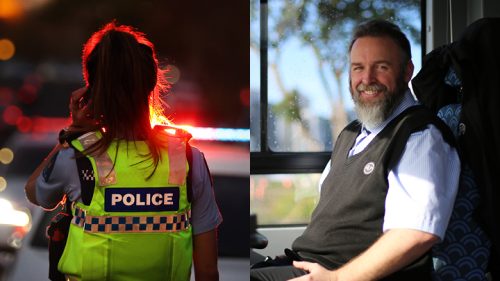
With more than 900,000 breath tests conducted in the past year, Auckland Transport (AT) along with police have no plans to put the brakes on.
As part of AT’s responsibility around road safety, it’s working with police to increase breath-testing across Auckland.
Alcohol-related crashes contribute to about 15 per cent of deaths and serious injuries on Auckland’s roads each year.
In the past 12 months there have been more breath-tests conducted than any other time in the past decade, with more than 900,000 passive and screening breath tests undertaken between May, 2023, and April, 2024.
The last time that level of breath-testing was seen in the region was in 2013 at about 700,000 tests.
The number has been steadily increasing over the past two years and road users will continue
to see police out across the region during winter months.
“We want Auckland road users to know there will continue to be elevated levels of breath testing throughout the rest of the year so people will make informed choices about their transport options, particularly where alcohol will be involved,” says Teresa Burnett, general manager transport safety for AT.
“We put safety at the heart of everything we do by investing in improving the quality of our roads and working with partners and communities to improve the safety of vehicles, influence central Government policy and improve driver behaviour.”
Research shows a staggering 50 per cent of Aucklanders believe they won’t get caught when driving under the influence of alcohol and 2023 data from the Ministry of Justice reported 77 per cent of drivers charged identified as male.
Relieving Auckland road policing manager, Acting Inspector Jason McIntosh, says police and AT will continue to work together to reduce the risk for all road users.
“Intelligent, collaborative deployment by road policing managers across Auckland and a concentrated effort by a group of dedicated officers has significantly contributed to the increase in breath-testing.
“Our aim is to raise awareness of the drive drink-free message and encourage positive behaviours, rather than focus only on those people found to be breaking the law.
“As a community we have a responsibility to ensure we drive safely at all times and do not take any unnecessary risks – getting behind the wheel after drinking is one of those risks not worth taking.”










